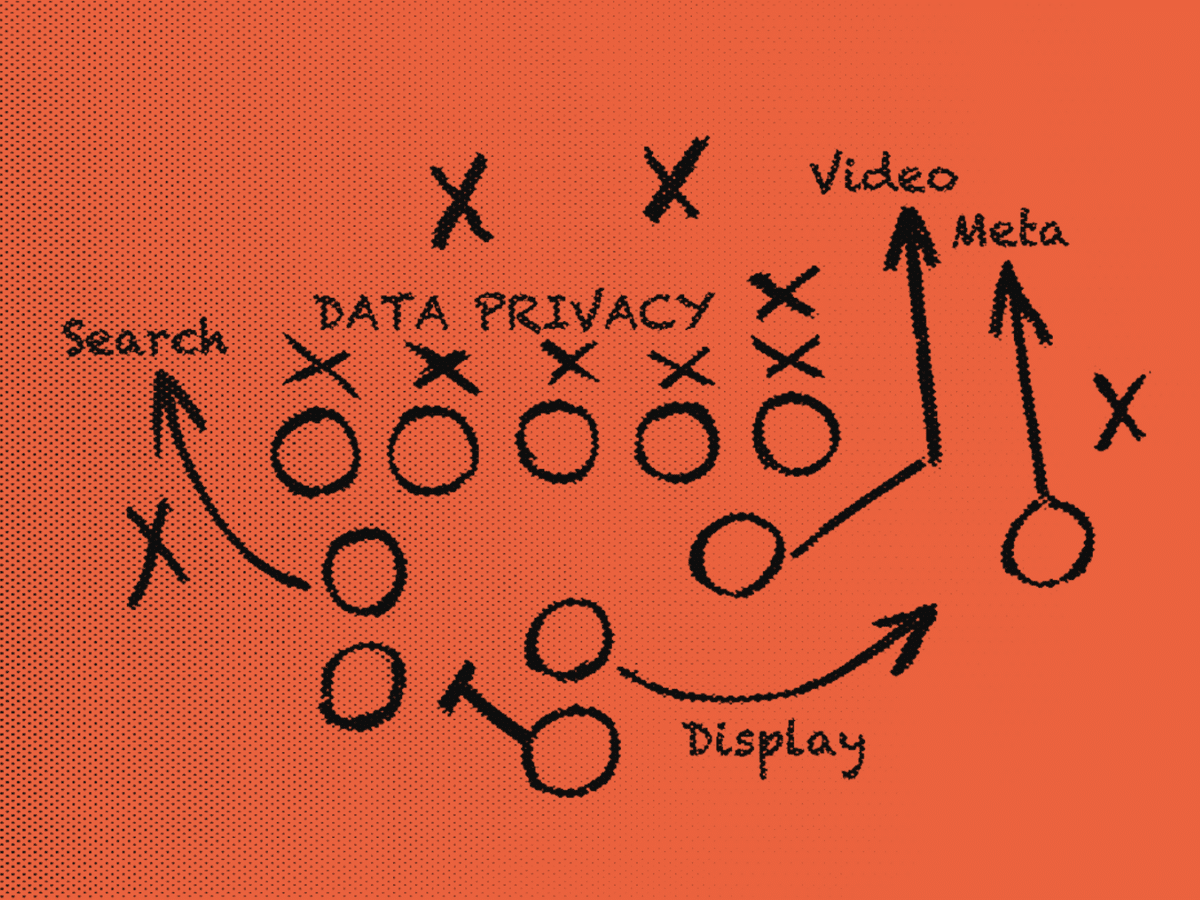Though the definition of a great leader can vary depending on who you ask, there are several telltale characteristics that set a solid stage for effective leadership.
Being an effective leader is challenging. When things are going well, leaders make their role look easy, almost as though authority and direction come naturally to them. In the worst of times, their every move is scrutinized, questioned, and challenged, all of which adds intense pressure to their performance. And when they do manage to right the ship, they become the real heroes of the workplace, and their most essential qualities shine.
What exactly are the qualities that make a great leader? There is no single best answer, as the word great is highly subjective. But we challenge you to find an effective leader that doesn’t exhibit all of the following six characteristics in the best AND worst of times.
An Effective Leader Lives by Their Vision
Great leaders can see into the future. They know exactly where they want to go and strategically plan their path to get there. The best leaders don’t just have a vision for the company, they live within that vision every day in everything.
This is arguably one of the biggest characteristics that separate leaders from managers. They’re not just concerned with getting things done but rather doing impactful things that will take the company where they want it to be in the short and long term. They articulate that vision in every decision and take ownership of its direction. And most importantly, they’re relentless in moving closer to achieving their desired goals.
Leaders Show Selflessness in Making Tough Decisions
With great power comes great responsibility. Leaders often face hard choices whose outcomes may impact the livelihood of employees, customers, and stakeholders alike. Great leaders often make sacrifices to minimize the effects on others—a courageous act that also reflects their priorities of putting others before themselves.
They Make Decisions with Integrity
Zig Ziglar once said, “With integrity, you have nothing to fear, since you have nothing to hide. With integrity, you will do the right thing, so you will have no guilt.”
Integrity is a core company value in most organizations, but even if it weren’t, great leaders act with integrity by default. They believe in honesty and transparency in everything they do, even when they think no one else is looking. This helps leaders build authentic connections with the people who rely on them for guidance as well as earn their trust and set a strong example to follow.
They Earn Respect From Their Team
It’s fair to say that not all great leaders are likable. Steve Jobs is a classic example of a leader who inspired a global phenomenon without winning people over with his likability. Sources say he was ruthless and overly controlling and even alienated some of Apple’s most talented and promising employees.
But what made him such a powerhouse among business leaders was the way in which he pushed people to do their best work. He demanded fearless feedback from his employees, even if they disagreed with his ideas. He was known for pitching crazy ideas and taking staunch opposition simply to generate more authentic conversations that could lead to something greater. And while people may have loathed his style, they also couldn’t help but respect him. His leadership prowess propelled Apple to greatness.
The best leaders aren’t concerned with how much people like them, but they do need their people to respect them. To earn respect, great leaders lead their teams by motivation rather than by force. They know that success can be greater and more impactful to all. But they must be empowered to make decisions, take ownership, and discover their own solutions instead of being handed tasks or answers. And when people are pushed to be the best version of themselves, they also create the best results for the company they serve.
Leaders Invest in Their People
The best leaders recognize that people are their greatest asset. They’re willing to invest in the training, resources, and opportunities that will allow each person to thrive to their potential. Ultimately they are shaping their people to become leaders, too.
The people they lead will ultimately determine the failure or success of any endeavor. They pour their energy into cultivating teams that are informed, capable, innovative, and autonomous. Leaders share their vision to ensure each person is pushing toward the same objectives. They challenge each team member yet create a culture in which each person can freely speak their mind and not be afraid to experiment (even if it means failing).
To do this, leaders don’t rely on the same cookie-cutter methods they’ve used throughout their careers. Rather, they know that each team is as unique as its members, and they invest time in getting to know each person. They learn what makes them tick, their strengths and weaknesses, and their motivation to succeed. Knowing these things allows leaders to effectively manage the outcome of a team’s work and set the stage for success.
They Live with a Purpose Greater Than Themselves
Last but not least, the best leaders embody a sense of purpose that isn’t solely aligned with personal goals but rather with a mindset of shaping the future. They know how their work contributes to the greater good. Whether it’s providing jobs for employees and enriching the community, pioneering new products that will revolutionize the way we live, or simply donating to local charities.
This purpose serves as the fuel to their fire. They leave nothing to chance and instead approach every decision with the end result in mind. And most importantly, they inspire others to find purpose and meaning in their work, too.
Final Thoughts: Leadership Archetypes Matter, Too
Great and effective leaders exhibit a multitude of admirable qualities. It’s important to acknowledge that these qualities alone are not enough to define a strong leader. There are different leader archetypes that may contain the above qualities in varying degrees, and it’s ultimately one’s leadership style that will define how those qualities are presented to others. Different types of leaders can be effective in different situations. This is just as important as understanding the qualities that make them great in the first place.
For more leadership inspiration, head back to Our Collective POV.








